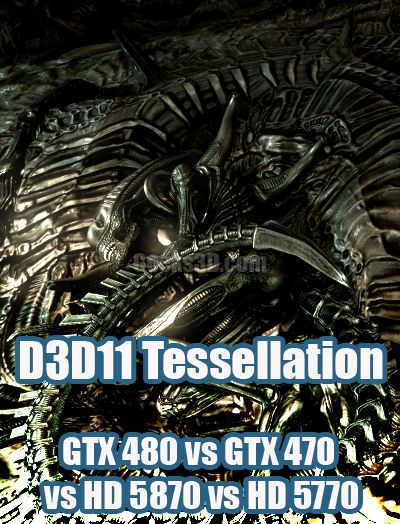
Today we test the new DX11-based benchmark: Aliens vs Predator DirectX 11. And one of the interesting things of this benchmark is the use of DirectX 11 hardware tessellation. Yesterday, we have seen that the GeForce GTX 480 was faster than the Radeon HD 5870 in the Unigine Heaven 2.1 benchmark. So let’s see if the GTX480 is still the king of tess!
Here is an overview of the average FPS:
- GTX 480 – Average FPS: 50.9
- GTX 470 – Average FPS: 40.6
- HD 5870 – Average FPS: 55.1
- R5770 single – Average FPS: 29.9
- R5770 CrossFire – Average FPS: 55.2
This time in single GPU mode, the HD 5870 is the best of tessellation with a gain of 10% compared to the GTX 480. In dual-GPU mode, the CrossFire of R5770 Hawk dominates the fight. But keep in mind that in the previous test, the tessellation was pushed to the max (extreme mode) while on this test, the tessellation seems to be in a normal mode (what is a normal mode? I’d say the same normal mode than in Heaven 2.1…).
You can find the download link HERE.
AvP benchmark is easy to run: just start the exe and that’s all. A report is generated in the user’s Documents folder in a sub folder called AvP_D3D11_Benchmark/.
Benchmark settings:
*DX11 Hardware Detected* Using Default Video Settings: Resolution: 1920 x 1080 Texture Quality: 2 Shadow Quality: 3 Anisotropic Filtering: 16 SSAO: ON Vertical Sync: OFF DX11 Tessellation: ON DX11 Advanced Shadows: ON DX11 MSAA Samples: 1
Testbed:
– Intel Core2 Extreme X9650 @ 3GHz
– 4GB DDR3
– Mobo: MSI P45D3 Platinium
– PSU: Antec TruePower Quttro 850W
– Win7 64-bit
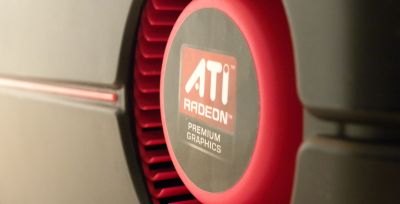
ATI RAdeon HD 5870 Score
– HD 5870 clocks – GPU:850MHz and memory:1200MHz
– Catalyst 10.5
– Number of frames: 5785
– Average Frame Time: 18.1ms
– Average FPS: 55.1
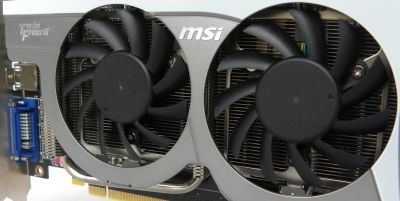
MSI R5770 Hawk
– R5770 clocks – GPU:875MHz and memory:1200MHz
– Catalyst 10.5
Single R5770
– Number of frames: 3131
– Average Frame Time: 33.5ms
– Average FPS: 29.9
R5770 CrossFire
– Number of frames: 5777
– Average Frame Time: 18.1ms
– Average FPS: 55.2
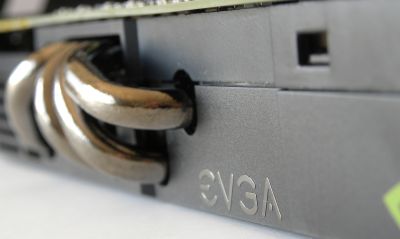
EVGA GTX 480
– GTX 480 clocks – GPU:700MHz, memory:1848MHz and shader:1401MHz
– R257.15
– Number of frames: 5340
– Average Frame Time: 19.6ms
– Average FPS: 50.9
GTX 470
– GTX 470 clocks – GPU:607MHz, memory:1674MHz and shader:1215MHz
– R257.15
– Number of frames: 4261
– Average Frame Time: 24.6ms
– Average FPS: 40.6
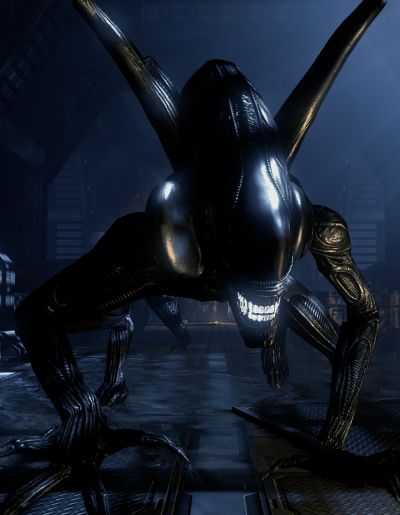
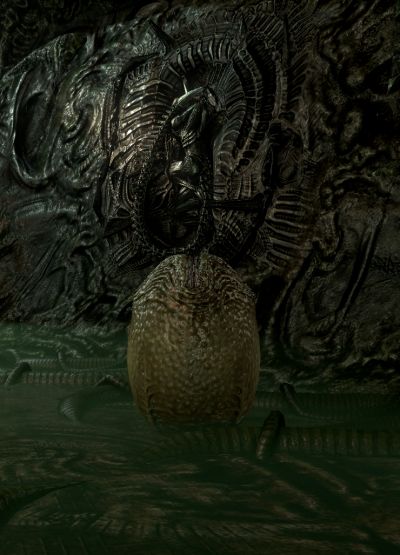
I made three benchmark videos on my 5850 and 5850 Crossfire all at 1Ghz core 1250Mhz RAM. All textures at level 3 with custom shortcuts.
1920X1080 NoAA Crossfire 5850s 1Ghz
http://www.youtube.com/watch?v=Psn0yM4kd20
result 103.1 fps
1920X1080 NoAA single 5850 1Ghz
http://www.youtube.com/watch?v=j-C9OesrAdU
result 57.4 fps
That’s an 80% scaling for the dual cards. Not bad.
And finally
1920X1080 4xAA Crossfire 5850s 1Ghz
http://www.youtube.com/watch?v=o_6mBKHdmZ0
result 60.6 fps
🙂
Pingback: Aliens vs Predator DX11 Benchmark tool is out - Benchmarks inside - PC SHOW 2010 Pricelist | COMPUTEX 2010 | VRForums - Singapore IT & Lifestyle
how it can’t be?
fermi K.O in this battle
it horrible
I’ve read that enabling AA on this benchmark turns the tables back to NVIDIA.
It is possible NVIDIA have yet to finish optimising AvP?
Once you turn on 4xAA, the gtx 470 is faster than a 5870.
There is some architectural problems with tessellation with Ati cards, and combined with AA, it just destroys the ati cards’ fps.
It seems to me that 300W power consumption, qualifies much more for a “bad architecture” considering that all DX11 games play just fine on ATI’s cards.
Now if you take into serious consideration results like Unigine and Stone Giant, these are just silly examples. No one needs this kind of tesselation….yet! By the time this kind of polygon count is even remotely relevant, current gpus will be trashcan accessories anyway.